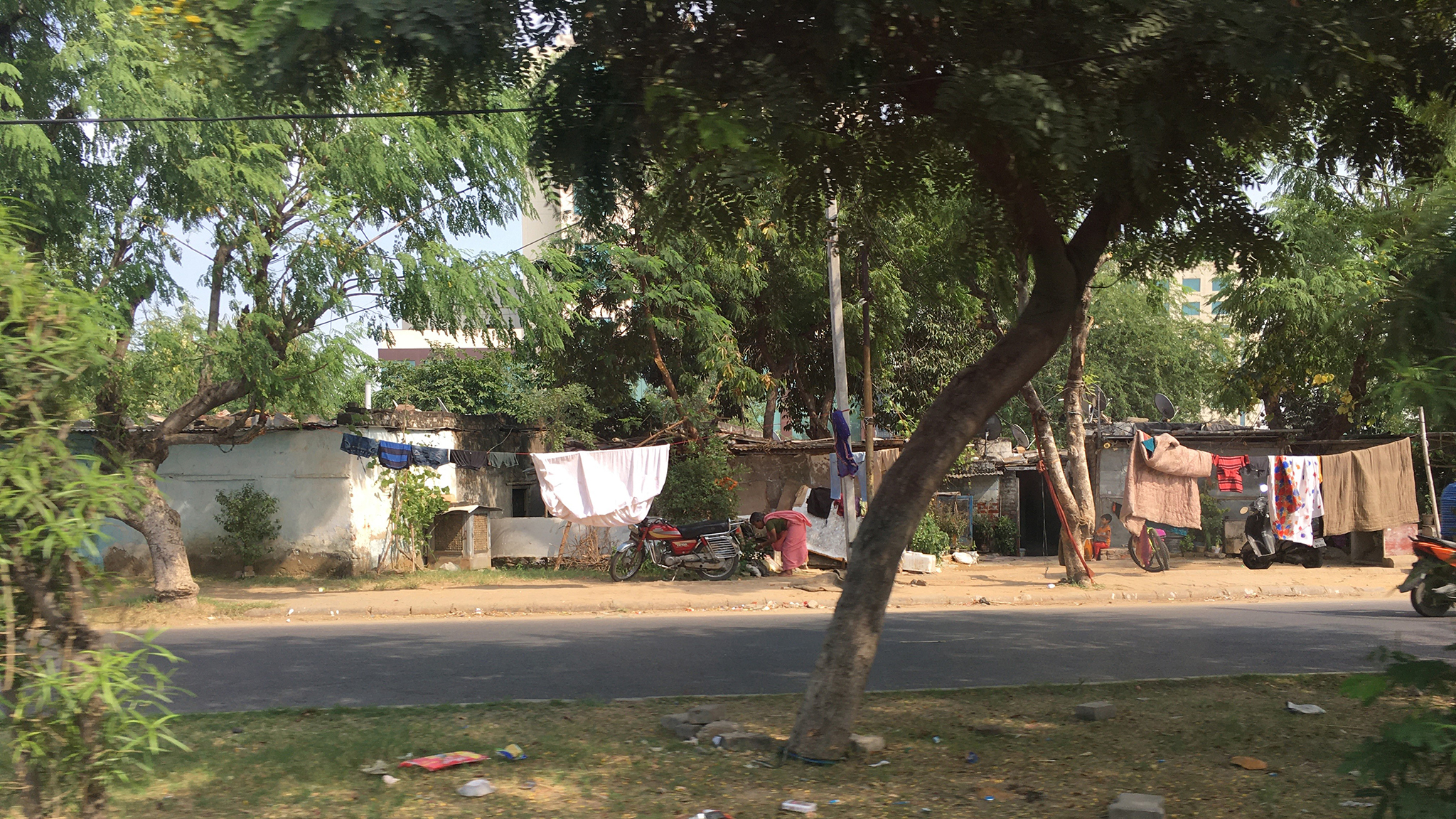
Key Recommendations
For the World Health Organization (WHO)
- strengthen its teams and consultant capacity on chronic respiratory disease (CRD) including asthma at its headquarters, and at regional and country level
- emphasise the need for asthma to be managed as a chronic disease, rather than a series of acute episodes or asthma attacks
- develop a global asthma control strategy
- mobilise high-level political commitment to increase investment in a chronic care-based approach to asthma services in low- and middle-income countries (LMICs)
- provide a framework for the establishment of national asthma programmes to improve asthma service delivery including standard case management and asthma management guidelines
- consider asthma in climate change strategies
- support the establishment of a global observatory on asthma
- recommend that during the COVID-19 pandemic, people with asthma should continue their inhaled corticosteroid (ICS)
-
increase access to affordable quality-assured essential asthma medicines by:
- engaging in coordinated international advocacy for access to essential asthma medicines
- establishing a procurement mechanism similar to the Global Drug Facility
- encouraging manufacturers of both generic and innovator pharmaceutical products to make greater efforts to provide affordable, quality-assured, essential asthma medicines for all
- advocating for WHO to be funded to add quality-assured essential asthma inhaled medicines to the WHO Prequalification Programme
- advocating for WHO to receive adequate funding to help countries strengthen their pharmaceutical procurement systems and practices
- calling for countries to apply WHO pricing policy recommendations to increase access to quality assured essential asthma medicines
- working with partners to re-energise the piloting of national asthma programmes in LMICs with a systems-strengthening strategy based on essential asthma medicines
For Governments
- ensure all people with asthma can access and afford essential asthma medicines and care
- implement WHO’s pharmaceutical pricing policies and Essential Medicines List
-
stimulate in-country demand for unmet need for essential asthma medicines and care by:
- establishing national asthma programmes to improve asthma service delivery including standard case management with essential asthma medicines
- engaging with their professional societies, civil society, asthma patient organisations, health services
- use asthma programme data to track improvements in diagnosis and reductions in emergency visits and hospital admissions, and to quantify the effectiveness of and need for essential asthma medicines
- ensure their country has a national asthma programme with curriculum, education, management guidelines including essential asthma medicines, and that asthma training materials are current and reach all relevant healthcare workers
- strengthen policies to reduce tobacco consumption, encourage healthy eating and reduce exposure to potentially harmful chemicals, smoke and dust
- commit to research that increases the understanding of asthma, its causes, known asthma triggers and identifies the causes of asthma, and improves asthma management
- provide standardised and regular data on asthma symptoms, using population representative surveys
- participate in a global observatory on asthma, to track country burden and indicators
- consider people with asthma in climate change strategies
For health authorities
- monitor rates of emergency visits and hospital admissions for asthma
- report rates of asthma deaths in children and adults to monitor progress in asthma care, and as an early warning of epidemics of fatal asthma
- take responsibility for ensuring all people with asthma have equitable access to affordable asthma care and essential asthma medicines
- implement WHO’s pharmaceutical pricing policies and Essential Medicines List
- ensure they have an asthma programme with curriculum, education, management guidelines including essential asthma medicines, and that asthma training materials are current and reach all relevant healthcare workers
- develop joined-up approaches for people with asthma and CRDs in LMICs
- recommend that during the COVID-19 pandemic, people with asthma should continue their ICS
- have the capacity to conduct representative population health surveys including on asthma
For health professionals, professional societies and patient organisations
- promote programmatic management to improve asthma service delivery
- promote the use in children, adolescents and adults with asthma of ICS-containing medicine, either symptom-driven in mild asthma, or daily as preventative
- develop joined-up approaches for people with asthma and CRDs in LMICs
- recommend that during the COVID-19 pandemic, people with asthma should continue their ICS
- encourage patient advocacy to improve asthma care and outcomes
For the Global Asthma Network (GAN)
- commit to working with all the above stakeholders to:
- continue to conduct global asthma surveys
- publish a further GAR before 2030
- collaborate with individuals and organisations on work aligned with our vision and mission
- advocate for equitable access to affordable asthma care for all

